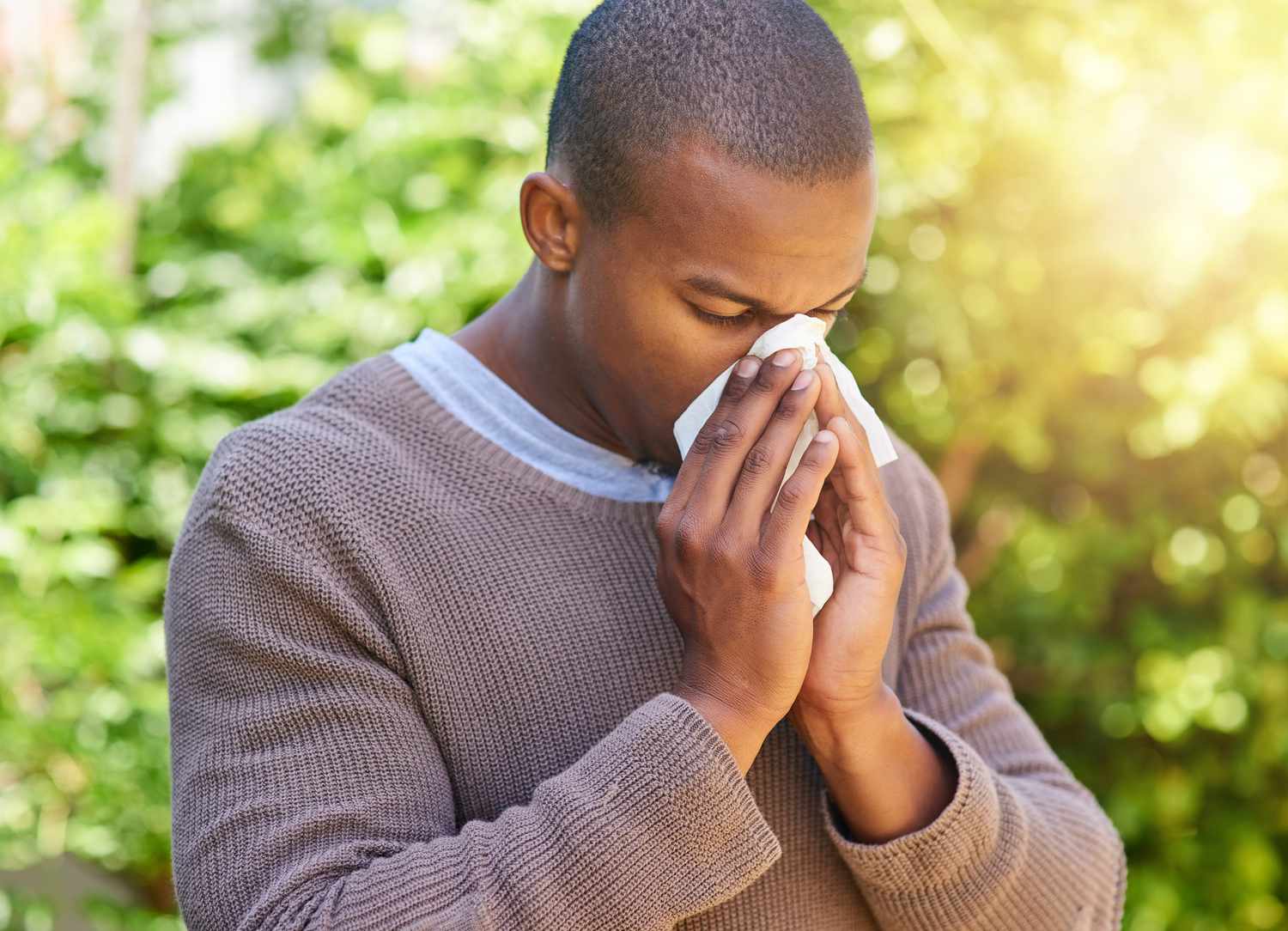- Empty cart.
- Continue Shopping
How to Prepare for Pollen Exposure

Pollen exposure is a common concern for many people, especially those who suffer from seasonal allergies. The arrival of spring or fall often heralds a surge in pollen levels, leading to symptoms like sneezing, itchy eyes, and nasal congestion. While it’s challenging to avoid pollen entirely, there are several proactive steps you can take to minimize exposure and manage symptoms effectively.
Know the Pollen Forecast: Stay Informed
One of the first steps in preparing for pollen exposure is to stay informed about pollen levels in your area. Many weather websites and apps provide pollen forecasts that can help you plan your activities. These forecasts often include information on the types of pollen that are prevalent, which can be useful if you’re allergic to specific kinds.
- Check Daily Forecasts: Make it a habit to check the pollen forecast daily, especially during peak allergy seasons.
- Plan Activities Accordingly: On days when pollen counts are high, consider staying indoors or engaging in activities that minimize exposure, such as going to a museum or watching a movie.
Create a Pollen-Free Zone: Your Home
Your home should be a sanctuary where you can find relief from pollen exposure. Here are some tips to keep pollen at bay:
- Close Windows and Doors: Keep windows and doors closed during high pollen seasons to prevent pollen from entering your home.
- Use Air Purifiers: Consider using air purifiers with HEPA filters to capture airborne pollen particles.
- Regular Cleaning: Vacuum and dust your home regularly, and wash bedding and curtains frequently to remove any trapped pollen.
Personal Care: Minimize Exposure
Personal care routines can also help minimize pollen exposure and alleviate symptoms:
- Shower and Change Clothes: After spending time outdoors, shower and change into clean clothes to remove pollen from your skin and hair.
- Use Saline Rinses: A saline rinse can help clear pollen from your nasal passages.
- Wear Sunglasses: Protect your eyes from pollen by wearing sunglasses when you’re outside.
Medical Precautions: Over-the-Counter and Prescription Options
If you’re prone to severe allergic reactions to pollen, it may be beneficial to take medical precautions:
- Antihistamines: Over-the-counter antihistamines can help relieve symptoms like sneezing and itching. However, consult your healthcare provider for personalized advice.
- Nasal Sprays: Steroid nasal sprays can reduce inflammation and alleviate symptoms but should be used under medical supervision.
- Allergy Shots: For long-term relief, some people opt for allergy shots, which must be administered by a healthcare provider.
Lifestyle Adjustments: Small Changes, Big Impact
Simple lifestyle adjustments can also make a significant difference:
- Exercise Indoors: On high pollen count days, opt for indoor workouts to minimize exposure.
- Stay Hydrated: Drinking plenty of water can help thin mucus and alleviate some allergy symptoms.
- Avoid Certain Foods: Some foods can exacerbate pollen allergies. For example, if you’re allergic to tree pollen, you might react to fruits like apples and cherries.
Finally, Preparing for pollen exposure involves a multi-pronged approach that includes staying informed, creating a pollen-free home environment, taking personal care measures, considering medical options, and making lifestyle adjustments. While it’s nearly impossible to avoid pollen entirely, these strategies can help you manage symptoms and enjoy a better quality of life during allergy season. With a little preparation and proactive management, pollen exposure doesn’t have to keep you from enjoying the great outdoors.








